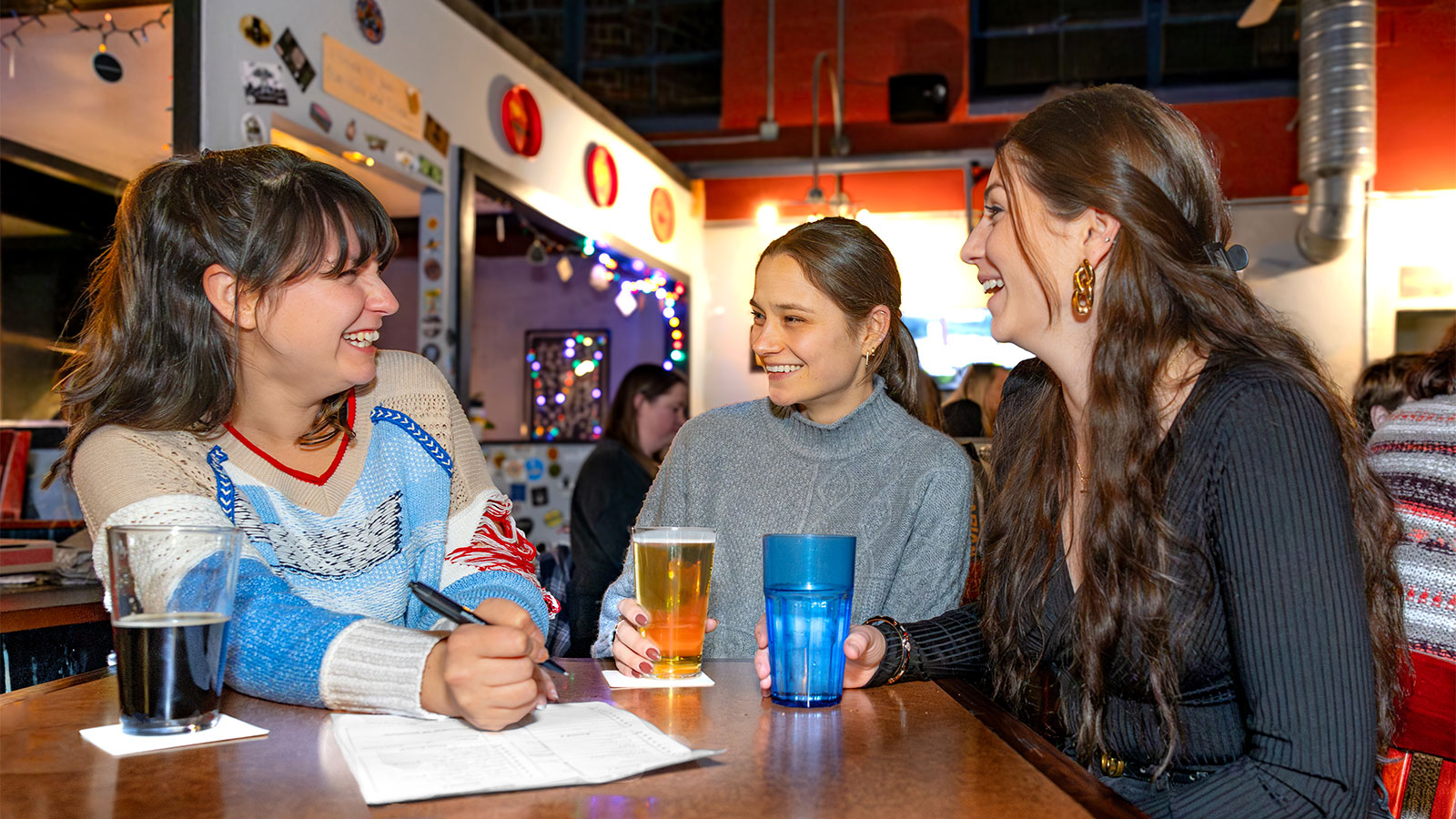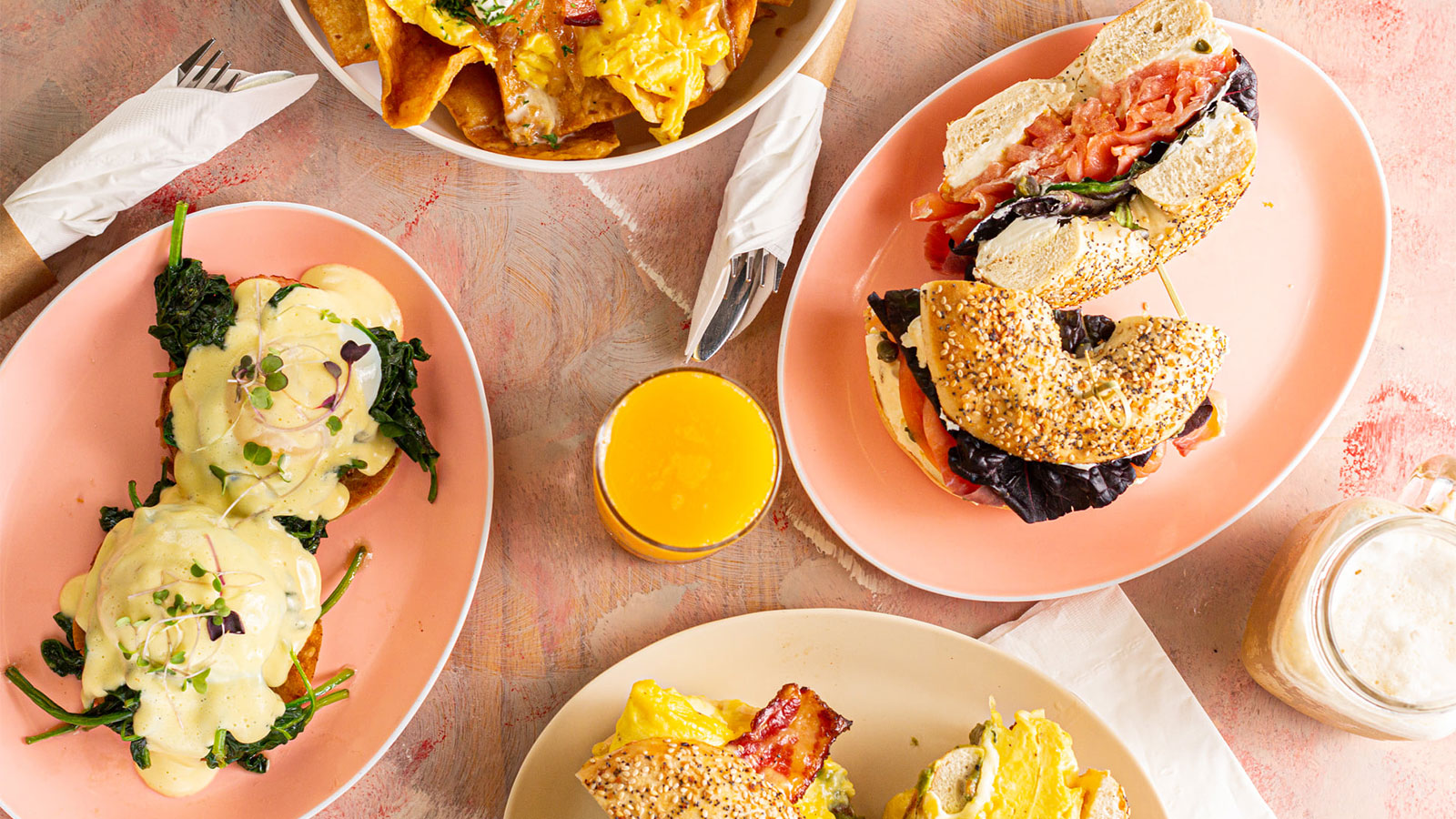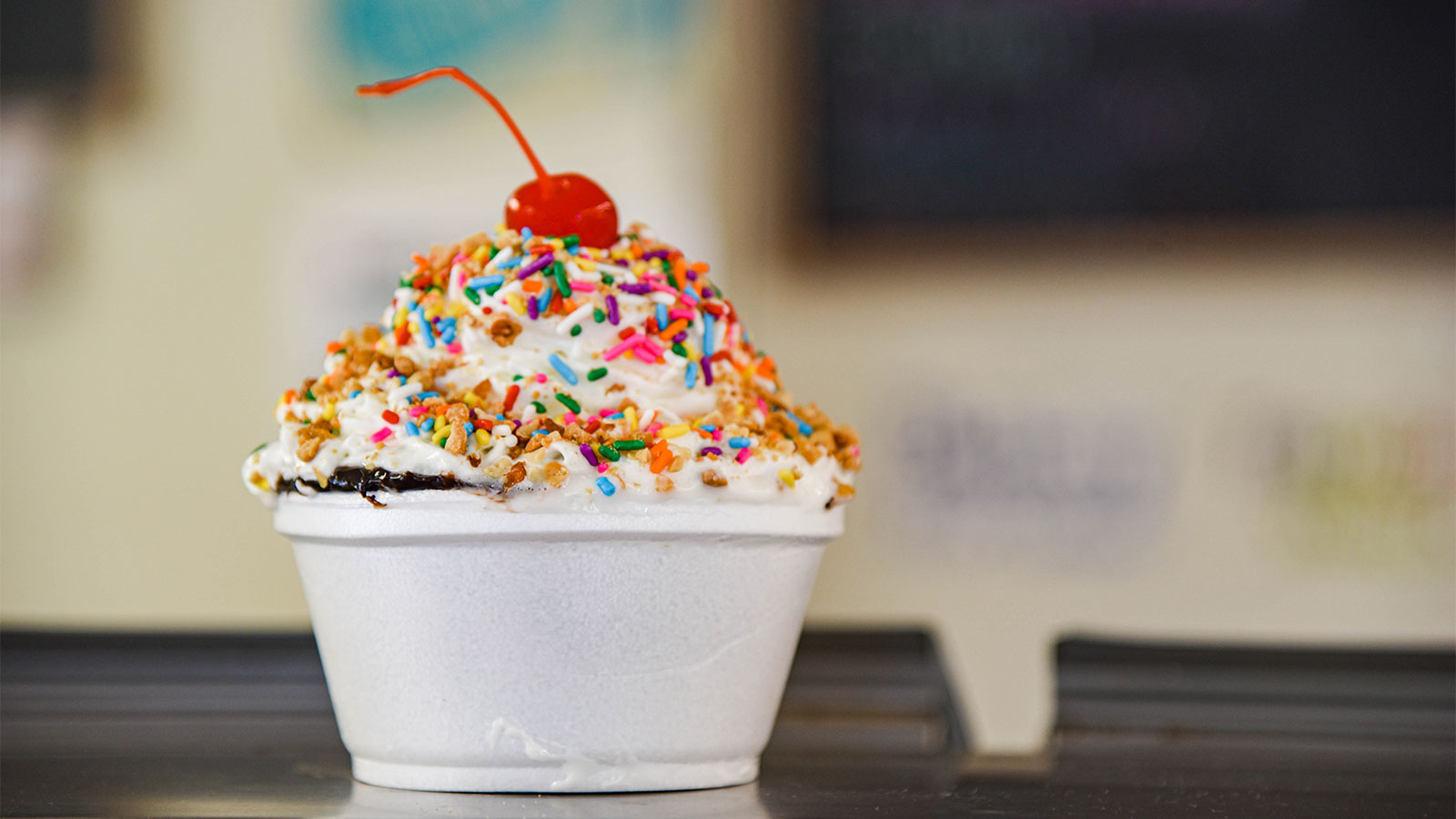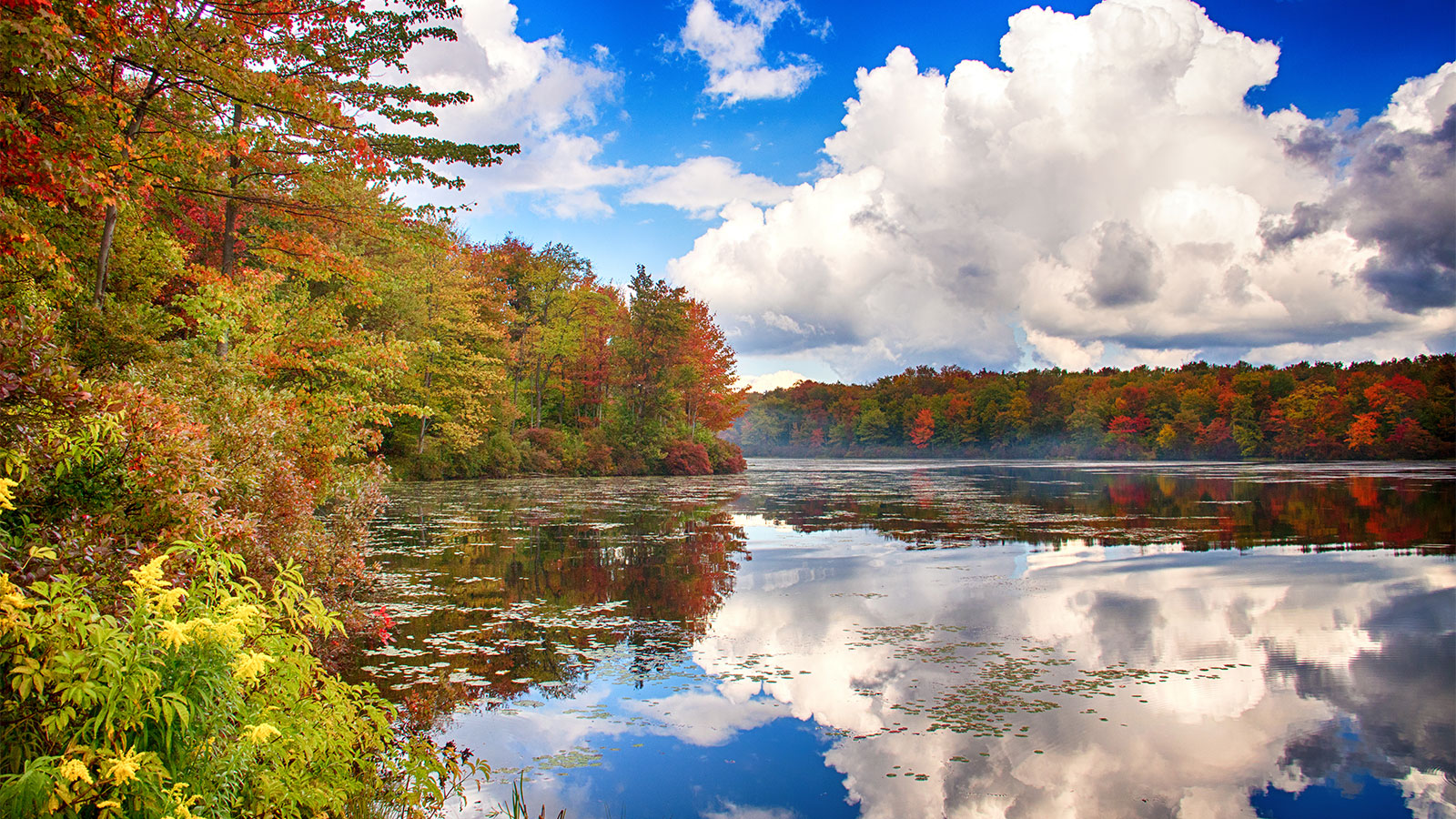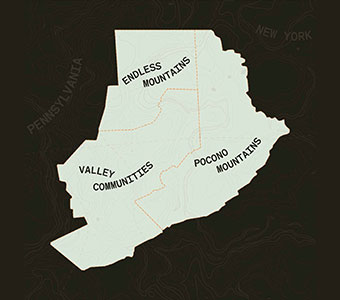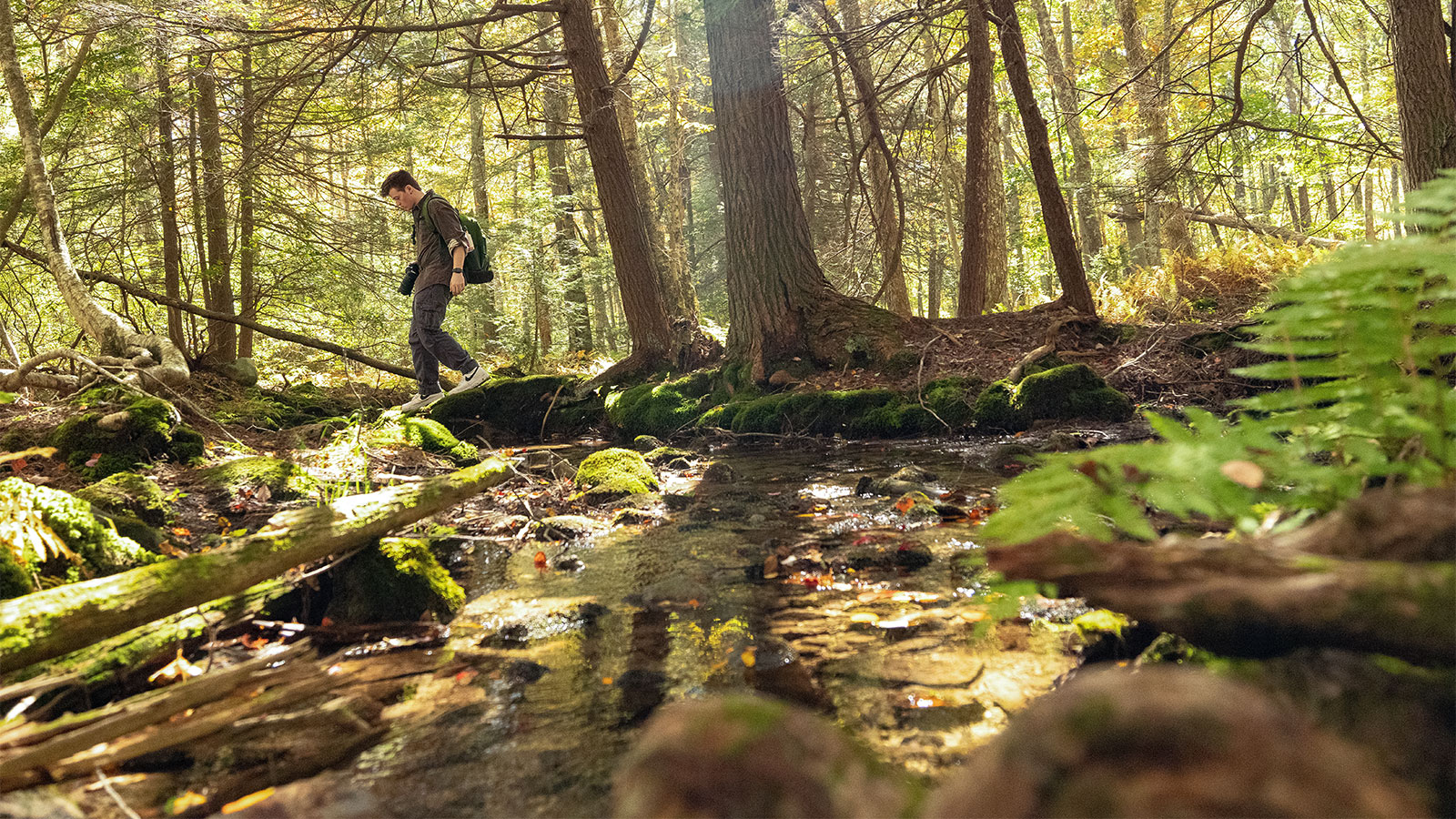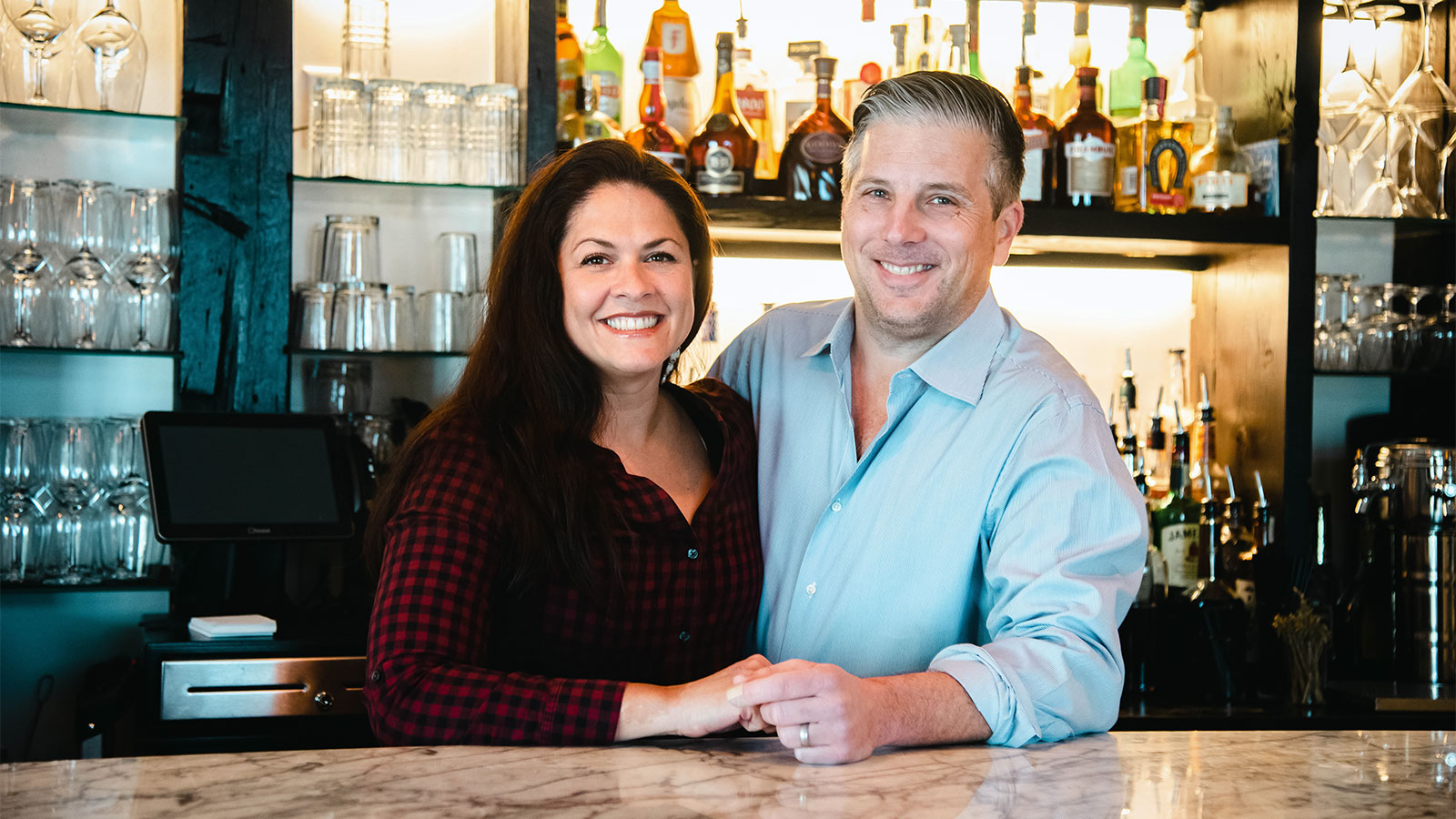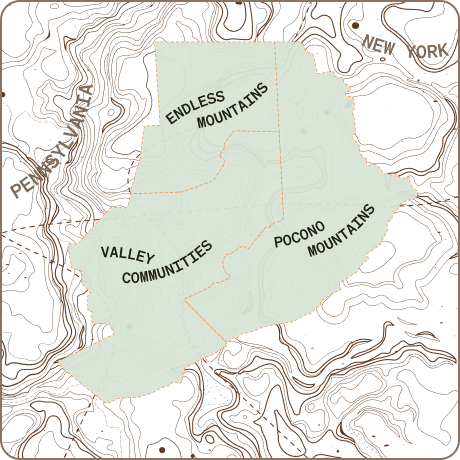“We’ve created a comfortable home here that we are proud of.” – Valeria Sartor
If popular Wilkes-Barre restaurant owners/husband and wife duo Salvatore Deluca and Chef Valeria Sartor had their way, all our lives would be an endless tale of fine food, good wine and great conversation. (Off the record – just gotta’ ask, where/how do I sign up for this?) The well-traveled couple opened MVD Restaurant and Bar on Parrish Street in 2016. Since then, the Rolling Mill Hill hotspot has been opening local eyes and appetites to the world of tapas.
Sal, a Diamond City native, met Val, hailing from Uruguay, in D.C. – both, at the time, were blazing trails in the Capital’s hospitality biz. They fell in love and married in 2006. In 2007, they made their way to Wilkes-Barre. From there, the story twists and turns. Enter a son and a daughter. More travel. More inspiration. A dream of opening their ideal restaurant. And an available, classic location in a quiet NEPA neighborhood (it just needed a little bit of love).
The rest is a song of grit, determination, dirty’n up those hands with some renovation and blowing minds with beautiful, culturally-inspired kitchen creations. We met the intrepid couple at their minimally, elegant restaurant for a chat. They tried to distract us with food and comfort and intriguing conversation. Nonetheless, we persevered. And we were able to ask the tough questions, like Why NEPA?
How long have you lived in NEPA?
Sal: I was born here and lived in Wilkes-Barre until I was 18. Val and I got married in 2006 and were living in D.C. We decided to move to the area the following year.
Val: Since 2007; it’s hard to believe I’ve lived here for a quarter of my life.
What do you love about your town?
Sal: The architecture, particularly of the downtown, and the history of the region.
Val: The convenience of stores, schools, and work all within a few miles’ radius.
What’s your favorite NEPA restaurant?
Sal: That’s a tough one (laughs). The answer changes by the season, our mood, how much of a hurry we are in. If I had to pick just one, it would be Pupuseria Salvadoreña by General Hospital. It’s by our house, the women who run it are friendly and hardworking, and the pupusas are consistently delicious.
Old Tioga Farm in Stillwater is truly a unique experience. Our friends Justin and Dillon Naylor run this prix fixe out of their early 19th-century farmhouse. They are passionate about classic Italian cooking. The menu reflects this and features many vegetables grown on the property as well as meats and other products procured from nearby farms. It is among the most intimate dining experiences I’ve had.
Istanbul Grill and Taquería el Paraiso in Wilkes-Barre, Something Special and Theo’s Metro in Kingston, Benny Brewing in Hanover Township, The Canning House in Forty Fort, and The Sandwich Shoppe at Cook’s Pharmacy in Dallas are also in the running.
Val: We love grabbing a plate of nachos, some tacos, margaritas, and beers on the patio at Margarita Azul. Roy Castillo has created such a beautiful atmosphere. King’s Pizzeria and Serpico are go-tos for all of our pizza, cheesesteak, and stromboli needs. We’ve also had great experiences at Bar Pazzo in Scranton and 570 Ramen in Dickson City.
What’s your favorite thing to do in NEPA?
Sal: Working in our garden and doing building projects. Playing soccer with my children. Skiing. Hanging out at Lily Lake. Enjoying the parks. Walking around Wilkes-Barre.
Val: I love to ride bikes along the levee system with the kids. There are also many other great bike trails. Summers are great for having friends over and barbecuing in the back yard.
What’s next for you?
Sal: As we make our way out of the pandemic, we plan to investigate ways we can grow the restaurant and expand its offerings. The response from the public has been tremendous so far. We are hoping to continue giving our customers things that excite them and make them want to return to MVD again and again.
Val: I’m really excited to start traveling again and eating in the far-flung places that we visit. Travel is not only the best teacher; it also is the biggest inspiration for my work in the kitchen. One can follow a recipe, but there is nothing like tasting food made with local spices and flavors from different parts of the world.
Where do you see NEPA heading in the future?
Sal: I think the pandemic has refocused people’s priorities on the affordability and size of their personal living environments. As a result, we are seeing a growing interest in the region from both people who have grown up here and moved away for a time, as well as many who have lived their lives in larger cities and have now decided they want to improve their quality of life. In recent years, the residential development in Wilkes-Barre’s downtown core has been brisk. There have a been a dozen market-rate residential projects here alone. People choosing to live in the downtown bodes well for future economic growth of the city and region at large.
Val: It’s hard to say. When I look back on the years I’ve spent here, I can see a lot of slow, but steady, improvement in both Wilkes-Barre and Scranton. I am hopeful that the influx of people with international backgrounds allows the region to develop both culturally and economically without alienating those who have called the region home for generations. It’s never easy when a group feels marginalized. We have to be inclusive of both the old and the new.
Why NEPA?
Sal: I wanted a quiet, familiar place to raise our kids and to perhaps contribute something of value by working in the region.
Val: I’ve always grown up in large cities–Montevideo, Philadelphia, and Washington, DC. When we first moved to the area, being able to walk to different activities and have most amenities within a 10-minute drive was very important to me.
Affordability was another factor. We looked at 3-to-4-bedroom fixer-uppers in Washington before we moved, and the going rate in a transitioning neighborhood in Northwest D.C. was well over $600,000. In Wilkes-Barre, something comparable in size was less than $100,000. We’ve created a comfortable home here that we are proud of. And now, our businesses are here as well. While the future remains wide open, Wilkes-Barre has become my fourth home.


